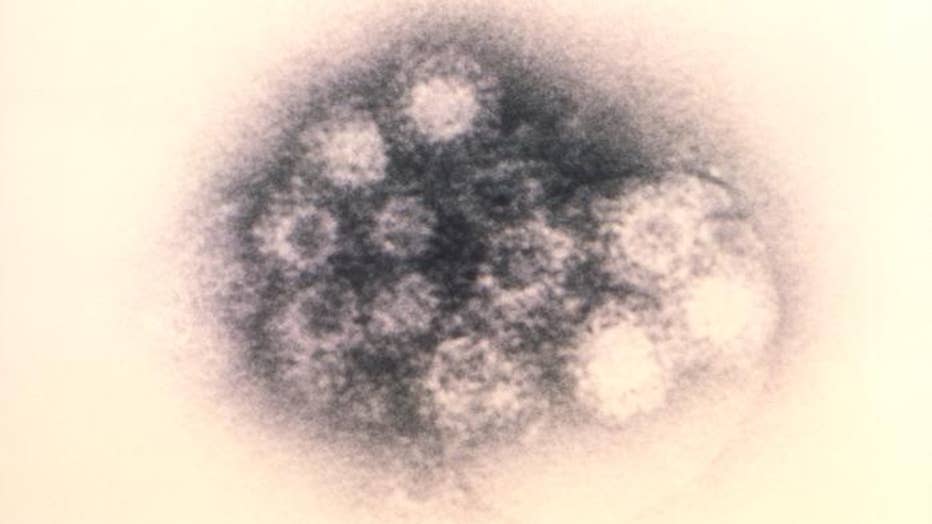Enterovirus D68 spreads to British Columbia

Courtesy CDC
(CNN) -- Canadian health officials have confirmed three cases of Enterovirus D68 in British Columbia. A fourth suspected case from a patient with severe respiratory illness is still under investigation.
Two of the confirmed cases are children between 5 and 9, said Dr. Danuta Skowronski, lead epidemiologist on emerging respiratory viruses at the British Columbia Centre for Disease Control. The third is a teen between 15 and 19.
Enteroviruses are common, especially in the summer and fall months. The U.S. Centers for Disease Control and Prevention estimates that 10 million to 15 million infections occur in the United States each year. These viruses usually appear like the common cold; symptoms include sneezing, a runny nose and a cough.
Most people recover without any treatment. But Enterovirus D68 seems to be exacerbating breathing problems in children who have asthma.
The virus is hard to track as many enteroviruses cause similar symptoms and hospitals generally do not test for specific types. But health officials have asked doctors to send in samples if they suspect that Enterovirus D68 has caused a patient's severe respiratory illness.
Since mid-August, the CDC has confirmed more than 100 cases of Enterovirus D68 in the United States. Alabama, Colorado, Illinois, Indiana, Iowa, Kansas, Kentucky, Louisiana, Missouri, Montana, New Jersey, New York and Oklahoma all have patients who have tested positive for the virus.
Other states including Michigan, Georgia, Ohio and Utah are also investigating clusters of respiratory illnesses. Several have sent samples to the CDC for testing.
Enteroviruses "tend to have a summer-fall pattern," Skowronski said, so the high number of cases will likely subside over the next few months.
In the meantime, parents should be on the lookout for the symptoms of Enterovirus D68. Unfortunately, in the beginning it's difficult -- if not impossible -- to tell the difference between a regular cold and this type of virus. But if your child develops a fever or a rash, or if he has difficulty breathing, seek medical attention right away.
Children with asthma or a history of breathing problems are particularly susceptible for severe symptoms.

